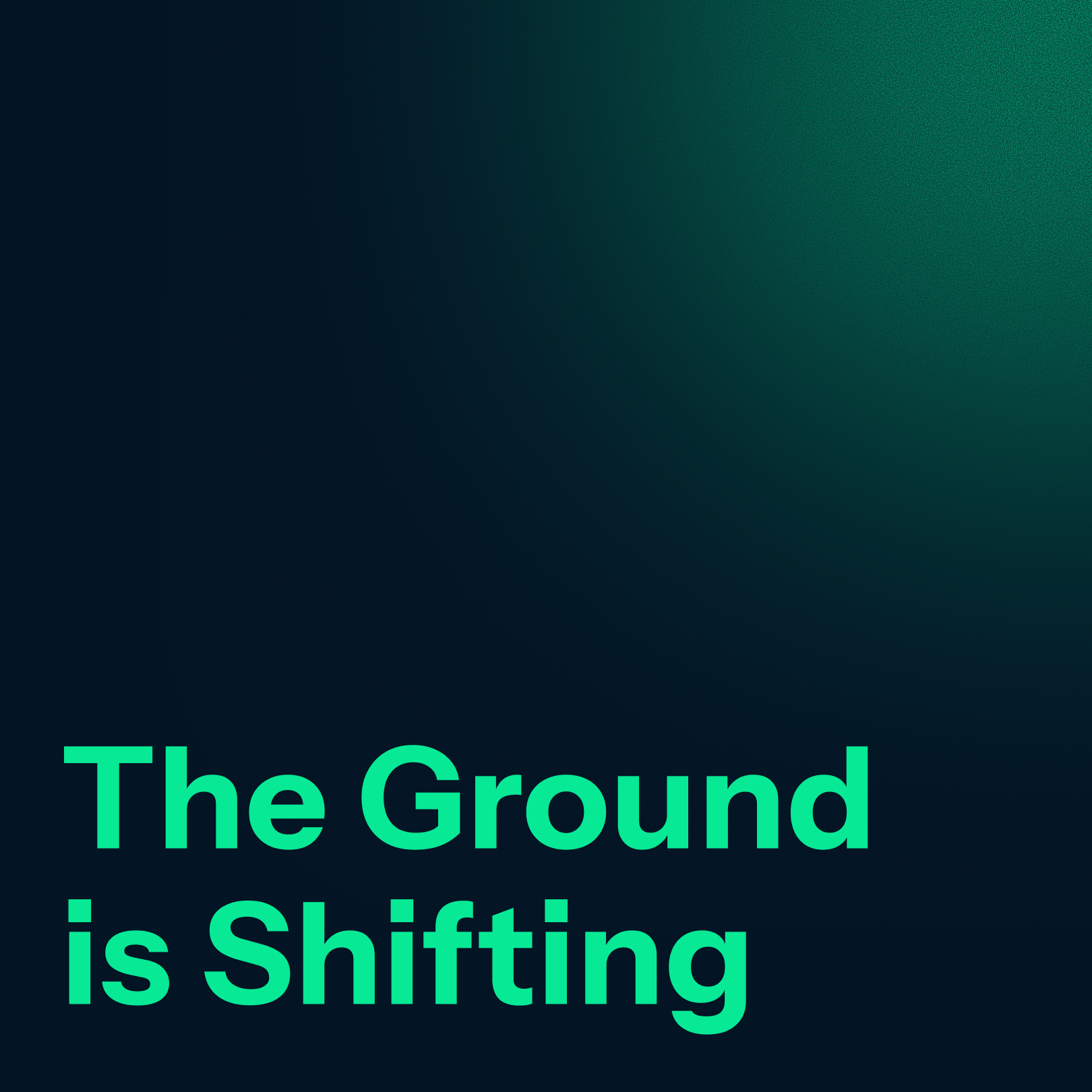
The Future of Search
The search landscape has evolved beyond traditional SEO. Welcome to the era of Answer Engine Optimization (AEO) and Generative Engine Optimization (GEO), where the rules are still being written and the goalposts keep moving.
What Are AEO and GEO?
Answer Engine Optimization (AEO) focuses on becoming the direct answer in featured snippets, voice search results, and AI answer boxes. It delivers immediate visibility, positions you as the authoritative source, and leads to a 41% increase in conversion rates. AEO emphasizes structured Q&A content, schema markup, and natural language patterns aligned with how people actually ask questions.
Generative Engine Optimization (GEO) takes a longer view. Instead of appearing in search results, you're embedded in AI responses themselves. GEO establishes your content as the definitive source that AI models cite over time, reduces misinformation about your brand, and builds sustainable presence as AI systems evolve.
Think of it this way: AEO wins today's game. GEO gets you remembered in the training data of future AI models.
Key Differences
While traditional SEO still reaches 60% of audiences, 55% of users have already tried AI search engines. Early adopters embracing both strategies are seeing 3.5 times more featured content.
| Feature | AEO | GEO |
| Goal | Direct answers in search & voice tools | Influence AI-generated responses |
| Focus | Structured answers, schema markup | Training data relevance, embeddings |
| Platforms | Google, Bing, Alexa, Siri | ChatGPT, Claude, Gemini, Meta AI |
| Timeframe | Short to mid-term results | Mid to long-term influence |
| Use Cases | Featured snippets, voice search, zero-click answers | LLMs referencing your content in responses |
Implementation Strategies
For AEO:
- Create structured Q&A content designed for direct answer boxes
- Implement Schema.org markup for machine readability
- Optimize for conversational, natural language
- Target questions that trigger featured snippets with better answers
For GEO:
- Analyze how AI platforms currently reference your industry content
- Optimize site architecture for AI crawler efficiency
- Develop authoritative, intent-focused content across multiple formats
- Use machine-readable formatting and semantic markup
- Continuously monitor AI traffic and refine your approach
But Here's the Million-Dollar Question: Does It Even Matter?
In September 2025, Reddit lost 82% of its AI citations overnight. ChatGPT's Reddit citations plummeted from 29.2% to 5.3% when Google changed a single indexing parameter. Reddit's stock dropped 15%, wiping out billions in market value, yet their content, users, and traffic remained unchanged.
The algorithms governing AI citations change constantly and without warning. Wikipedia's ChatGPT citation share jumped 62% since July 2025, while Reddit nearly vanished from ChatGPT despite remaining the top source for Google AI Overviews and Perplexity. Different AI platforms have completely different citation preferences that shift weekly.
Even more concerning: AI platforms are experimenting with reducing web citations altogether to cut costs.
What You Should Actually Do
Essential Actions:
- Track multiple platforms separately (ChatGPT, Claude, Gemini, Perplexity, Google AI Overviews)
- Monitor citation patterns with dedicated tracking tools
- Measure actual traffic and conversions—citations don't pay bills, customers do
- Stay agile with systems to detect shifts before competitors notice
- Don't abandon traditional SEO—Google still handles 80-90% of global queries and 90% of transactional searches
Strategic Approach:
- Start now—early adopters are building an AI moat that will be difficult to cross
- Implement both AEO and GEO together for short-term wins and long-term authority
- Diversify your AI presence across multiple platforms
- Invest in high-quality, data-backed content from trusted sources
- Build partnerships and backlinks—authority signals matter more than ever
Accept the Reality:
- Algorithms will keep changing without warning
- Citation patterns are volatile and unpredictable
- What works today might not work next month
- No one has all the answers yet
The FOMO Is Real (And Justified)
If you're reading this and thinking, "I should probably have a plan for this," you're right.
Your competitors are already testing these waters. Some are seeing massive wins. Others are learning expensive lessons about putting all their trust in a single AI platform or strategy.
The Bottom Line
The brands that will dominate AI search aren't necessarily spending the most on optimization right now. They're building sustainable, authoritative presences across multiple platforms while staying nimble enough to pivot when changes inevitably come.
Traditional SEO still drives the majority of commercial activity online. But AEO and GEO represent where search is heading. The most critical skill in this new era isn't perfect optimization, it's adaptability.
Build your authority. Optimize for both quick wins and long-term presence. Track everything. Stay agile. Because in the world of AI search, the only constant is change.
